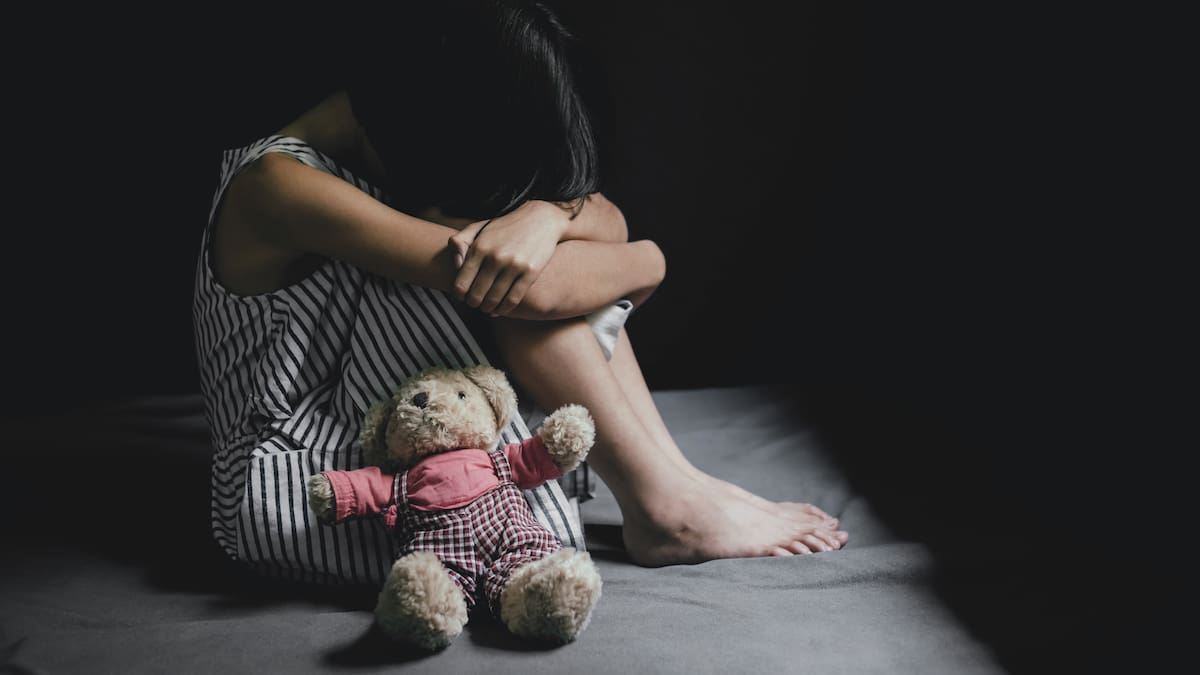Rangihuna appeared for sentencing on two charges of rape of a person under the age of 12.
The woman, who was watching proceedings in another room at the courthouse, had her statement read on her behalf.
“I am finally able to take back what you took from me. I am no longer a little child who doesn’t know right from wrong,” the statement began.
“Ten years ago, you stole what wasn’t yours.”
Recalling the offending, the woman described how she had “zoned out”, fixating her gaze on the top of a curtain, to escape looking at Rangihuna’s face as it happened.
She described the ongoing impact the offending had on her family and herself, including being unable to enjoy deep hugs because it reminded her of his “cold hands” touching her.
The woman said that although her physical scars had healed, the fight to heal her emotional wounds continued.
The court heard the now 61-year-old defendant continued to deny his offending, despite a jury’s guilty verdicts earlier this year.
During his sentencing, Rangihuna showed no emotion, but at the end of the hearing, one of his supporters made her views clear, telling Judge Brett Crowley it was “f****** bullshit”.
“My kid’s going to be f****** 18,” she yelled at the judge before storming out of the courtroom.
The judge declined to read the summary of facts, telling the court the offending had happened a decade ago on two occasions while the then-young girl stayed in Wellington over the summer break.
Crown prosecutor Anselm Williams submitted that the aggravating features of the case included the victim’s vulnerability and the harm it caused her, as well as the breach of trust.
He suggested the scale of the offending and the degree of violation should also be taken into account, and sought a starting point of 13 years’ imprisonment.
Rangihuna‘s lawyer, Michael Bott, filed extensive submissions focusing on the potential difficulty his client would have getting parole, given he continued to maintain his innocence.
He also submitted that Rangihuna was at a low risk of reoffending and ultimately, the sentence was a punitive one because there were no rehabilitative gains to be made.
But the judge said that neither matter was relevant when considering a sentence reduction, adding that those were issues for the Parole Board.
Taking the case’s aggravating factors into account, the judge adopted a starting point of 11 years’ imprisonment.
He acknowledged Rangihuna had previous convictions, but given that these occurred some years ago, he ruled they weren’t relevant.
But without remorse on Rangihuna’s part, the judge said he was unable to find any other mitigating factors and jailed Rangihuna for the 11 years.
Judge Crowley acknowledged the victim and the power of her statement, saying he hoped the hearing allowed her to draw a line under what had happened.
Catherine Hutton is an Open Justice reporter, based in Wellington. She has worked as a journalist at the Waikato Times and RNZ. Most recently she was working as a mehavea adviser at the Ministry of Justice.

